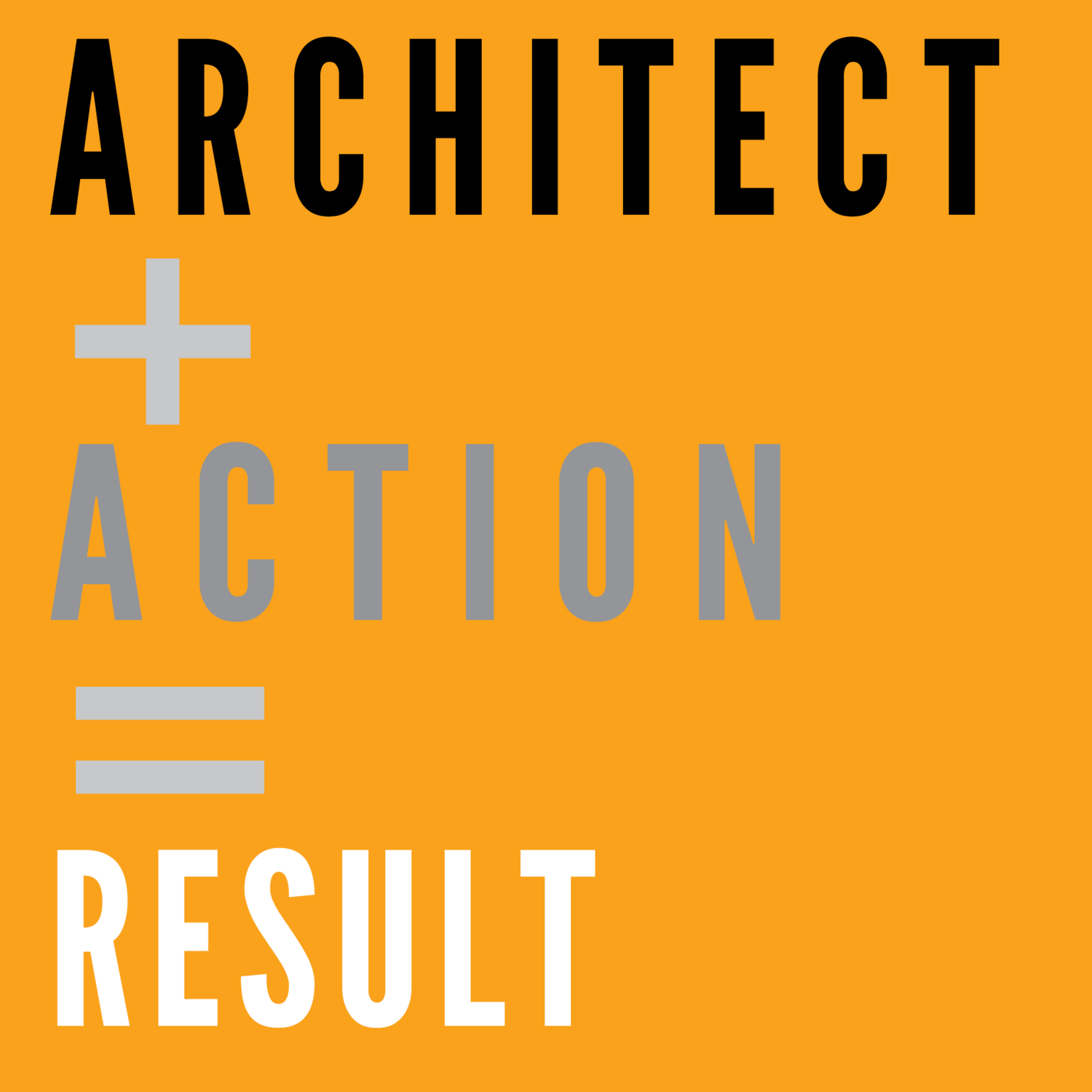Why Write a Book?
Using the Decision Tree Creative Exercise to Inform your Decision
“Gosh, I’ve always wanted to write a book.”
— Anonymous
Surely you’ve heard these words—either from yourself, a friend or family member. The question is, why don’t you? Followed by: Why do you want to? and, how do you go about it?
There are plenty of creative exercises to help you flush out the answers to the first question. Brainstorming a list of pros and cons might be a good first step. One way to approach that is to draw a line down the top of a piece of paper, (or a spreadsheet or mindmap for you digital gurus). On the left side at the top, scribble: why write? On the right side at the top, add: why not? Then, list all the reasons you can think of for each side of the argument (or more appropriately, discussion or decision.)
Consider wild parameters such as joy. Does the process of writing bring you joy? Or might completing a book and enjoying the collateral benefits that result bring good feelings? What about economics (costs, benefits, possible sales), practical constraints and opportunities, available time and energy, possible collaborators, resources, skills (current or acquirable?), fear vs confidence, experience and skills, or content (do you have something to say?), motivation (intrinsic vs extrinsic?).
After you have listed as many factors for and against writing, revisit the list and attempt to assign weights to each. Even if you just triage them into three types, as small, medium, and large, such a weighting will begin to help you visualize the outcome of your analysis. Even if the no’s outweigh the yesses, you can examine what you might need to add to change the balance.
Why do you want to write a book?
This question is at the core of any book writing decision. The reasons can be myriad. Using journalism’s 5W questions, cycle through for whom, when, why, how, where and what? Where are you in your career arc? Will writing this book jumpstart your still-early career or capture the legacy of your late-stage journey. If mid-career, perhaps your book can establish or cement your point of view or expertise in a specific area or subject. To entertain both sides of the equation, test yourself.
Ask, how will you feel if you don’t finish, or if it’s not successful? Can you deal with that possibility? Conversely, use the visualized satisfaction of being an author to fuel your passion and drive your writing work ethic.
How?
The answers to how to go about writing are the subject of another chapter. But to get past the decision and commitment stage, consider trying this simple decision tree creative exercise. Having the factors and influences in writing, like the process of drawing and designing, will help you see, process and analyze your writing decision. Good luck!
And check out other writing resources at architectactionresult.com.
Michael LeFevre, FAIA Emeritus
Managing Editor, DI Media Group Publications | Principal, DesignIntelligence Strategic Advisory
